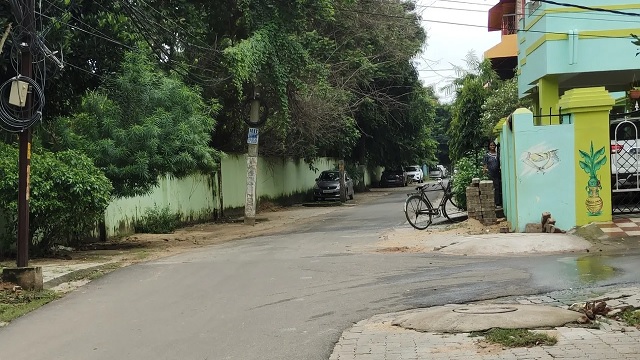IRC Village Bhubaneswar: When a Conference turned an open field into a premier locality
Full form revealed – IRC village stands for Indian Road Congress village in Bhubaneswar
Bhubaneswar: The IRC village in the heart of Bhubaneswar owes its name and origin to the Indian Road Congress (IRC) conference held in the city in the 1980s. The area, now one of the city’s upscale neighborhoods, began life as an open field that was transformed to host delegates of the IRC session.
The 1982 Indian Road Congress Session
In 1982, Odisha was selected to host the annual IRC session. With Bhubaneswar chosen as the venue, organizers faced a challenge: the capital lacked sufficient hotels to accommodate the large influx of engineers, senior officials, and dignitaries expected from across the country.
Accordingly, a plot of land in the Nayapalli area was earmarked for temporary accommodation. Small cottages were constructed in the style of the ‘Asian Village’ built for the Asian Games, giving the site a village-like appearance. The complex included basic amenities for the guests and was fully operational for the duration of the conference.
From temporary camp to permanent locality
When this IRC session concluded, participants returned home, but the infrastructure remained. The settlement, originally intended as a short‑term camp, gradually evolved into a formal residential area.
And because it had housed members of the Indian Road Congress, residents and officials began calling it “IRC Village.” Over time, the village absorbed roadside trees, parks, and well‑planned streets, turning it into a sought‑after residential locality within Bhubaneswar.
Legacy and identity
Many Bhubaneswar residents know the area but are unaware of its full name or history. The IRC in IRC Village stands for Indian Road Congress, a reminder of the city’s role in hosting a significant national event in 1982. The story illustrates how a one‑off conference can leave a lasting imprint on urban geography.
The 84th Indian Road Congress Convention was recently held in Bhubaneswar, drawing attention again to the origin of IRC Village and its lasting legacy in the capital of Odisha.



